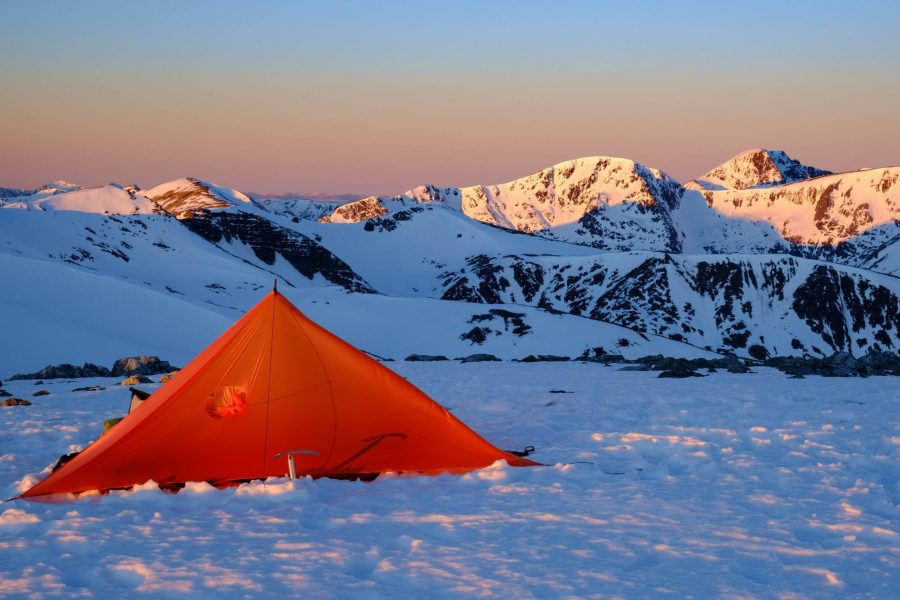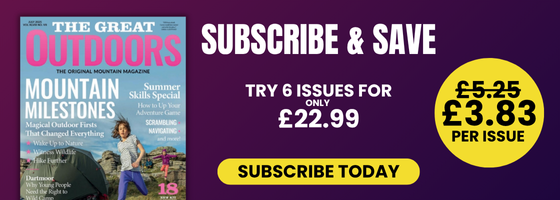As a teenager, wild camping fascinated me. My gear was cheap and basic, and I lived a long way from the hills, so my local forest would have to do. I pitched my tent far from the road and settled down for the night, apprehensive but excited. My enthusiasm fell flat early the next morning when a hiker (clad in more expensive outdoor gear than mine) angrily told me that I was breaking the law and that if I didn’t move on he would report me. It was years before I plucked up the courage to try wild camping again.
This opinion piece was first published in July 2020. Main image credit: Alex Roddie
Since then, I have hiked countless long-distance trails, enjoying transcendental wild camps along the way – not only my finest outdoor experiences, but also up there with life’s great moments. Aurora over a frozen Ben Nevis. Quiet, foggy dawns surrounded by deep forest. Wild camping has given me so much, from moments of sublime beauty to a lifelong sense of oneness with nature leading directly to environmental consciousness.
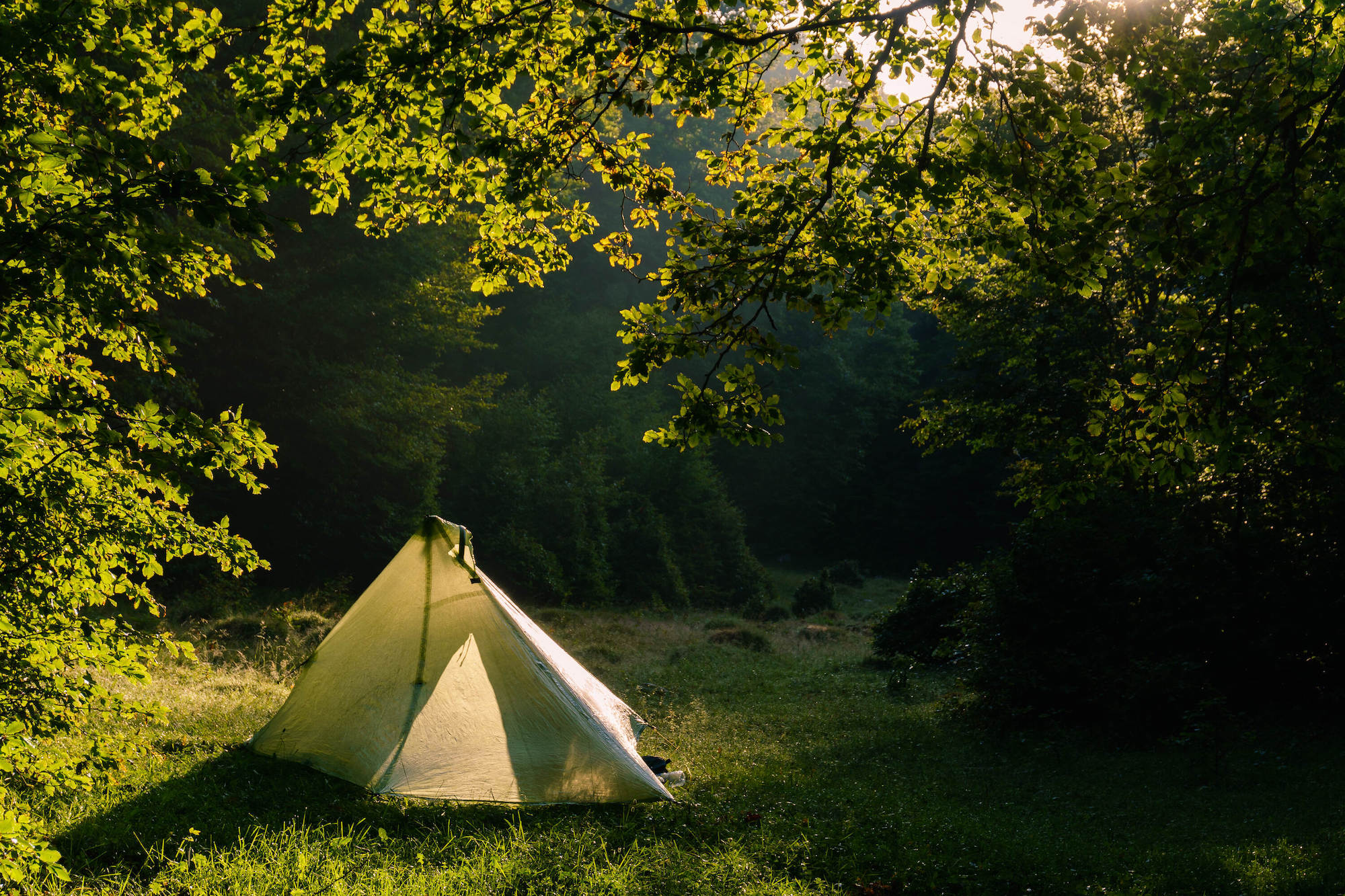
Oneness with nature is available to all those who sleep under the stars. Credit: Alex Roddie
Open to all
The thing about wild camping is that the barriers to entry are low but the rewards are high. You don’t need expensive equipment; all you really need are a few basic items, some fitness, a modest degree of experience and common sense, and enough respect for your surroundings to leave no trace.
Since the pandemic began, many people have been engaging with the outdoors in new ways. With holidays abroad cancelled, and options here in the UK limited, the countryside has been the only outlet. And it has been under pressure. From the Cairngorms to the South Downs, a visible minority have made headlines by camping conspicuously, lighting fires, leaving rubbish behind (including tents and camp furniture) and damaging the environment. The National Trust said they have seen a “huge increase” in this problematic behaviour. The terms “fly camping” and “dirty camping” have been used, but many news outlets have simply called it “wild camping”, leaving responsible wild campers unsure of how to react – and how this will affect the activity we love.
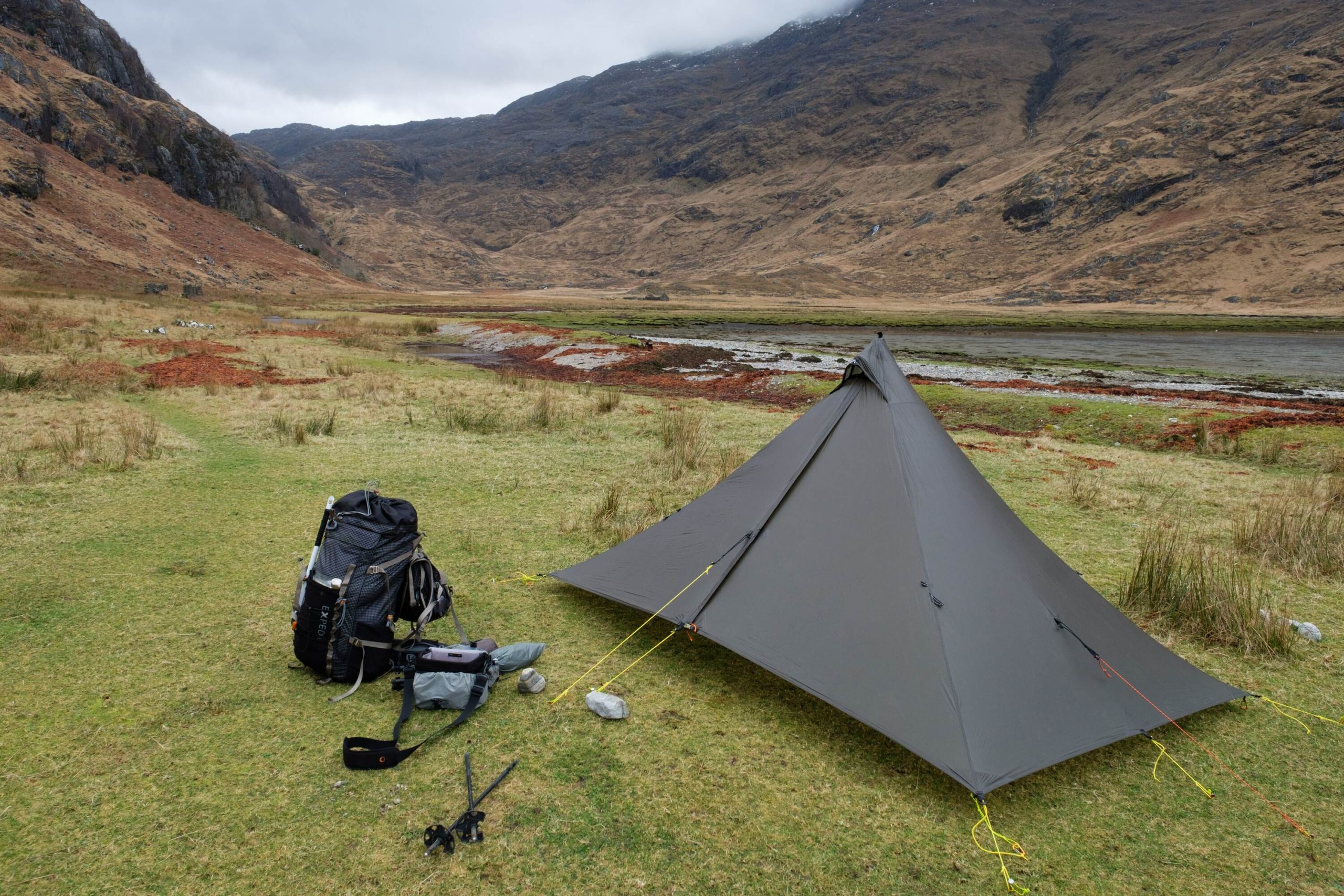
Wild camping requires us to leave no trace – but not all do. Credit: Alex Roddie.
The path to change
There is a huge difference between responsible, zero-impact wild camping away from the road and the destructive behaviour we’ve been seeing on the news, but the truth is that there are shades of grey, and both activities occupy the same fundamental spectrum. The difference is in behaviour, attitude, experience, background, education. These can change. Nobody is irredeemable. We all have to start somewhere.
As a Scout, I was taught that camping isn’t camping without a camp fire; fire was an integral part of my early wild camps in the Suffolk forests. I knew nothing about how fire can spread underground in pine woodland even if you think it’s extinguished. I was able to learn and grow, but hostility from the “real” wild campers might have grounded my enthusiasm before it had the chance to fly. Although our outdoors culture can be welcoming, it also has an undercurrent of snobbery. Wear the wrong brand, enjoy the outdoors in the wrong way, and you’re one of Them, not one of Us.
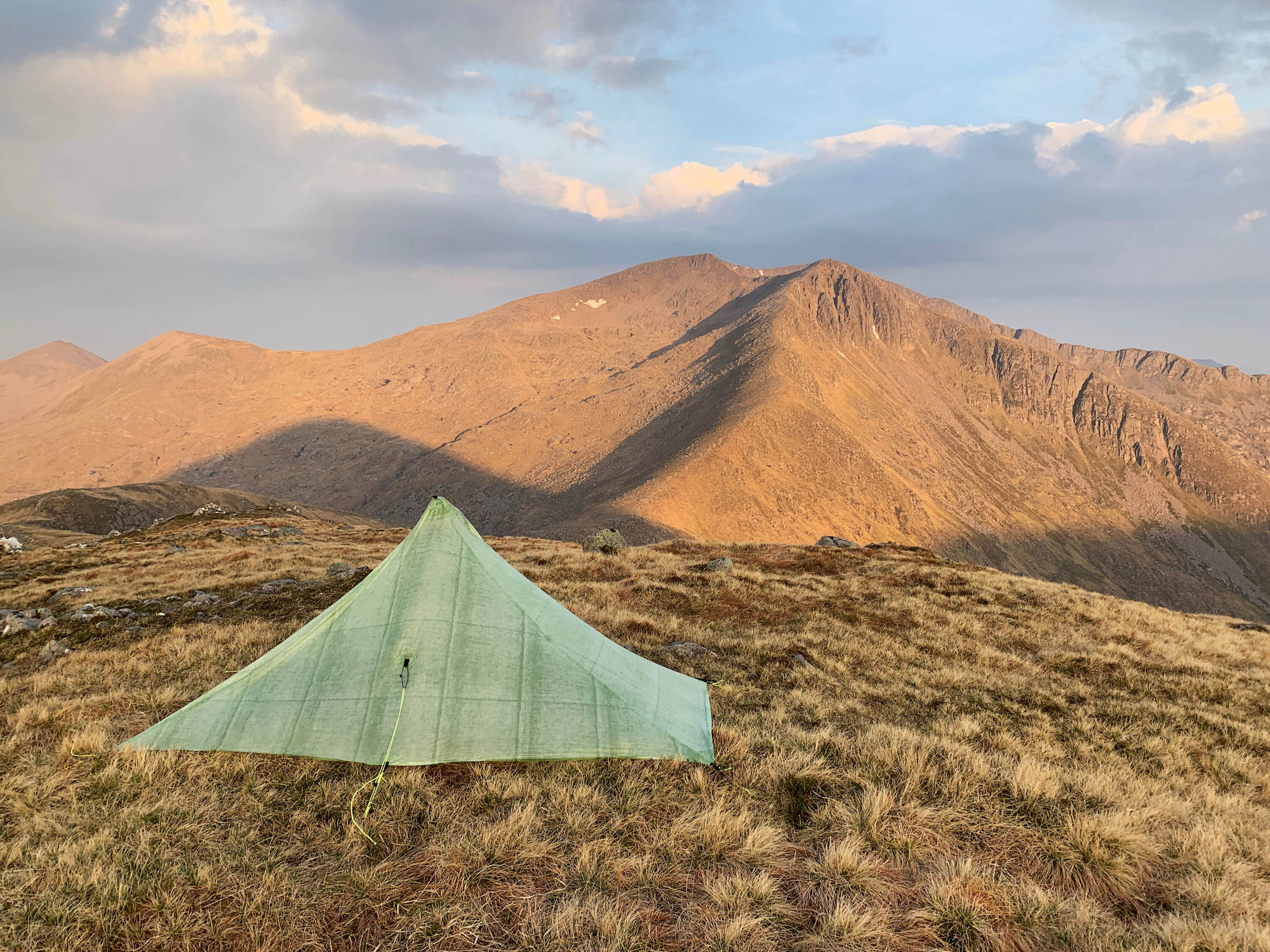
Gatekeeping is becoming an increasing inclusivity issue. Credit: Alex Roddie.
Compounding the problem
I think that the understandable urge to distance ourselves from wild camping, and find a new term to describe what we do, is more about clinging to an identity than honestly engaging with the problem. We feel threatened by the very thing that we love – and by hordes of Them taking clumsy first steps towards what might become the finest experiences of their lives. There is a path from fires, noise and fly-tipping to positive engagement with the natural world. Fifteen years ago I was cutting down young trees and lighting fires in Tunstall Forest because I didn’t know better. If we retreat into our tribal identities and fail to engage then we risk making the problem worse.
Instead of hostility and finger-pointing, we need empathy, openness, and education. The media is awash with images of devastation labelled as “wild camping”. What is this teaching people? Instead of fortifying our bunkers, I think we should be out there acting as role models, making the ideal of responsible, leave-no-trace wild camping as visible as possible. Normalise it. Break out of your online bubbles and talk to people about it. Wild camping isn’t just about Instagrammable pitches in idealised locations; it’s the quiet, wholesome, ordinary act of getting closer to the natural world.
Wild camping is for everyone. Fight for it.

